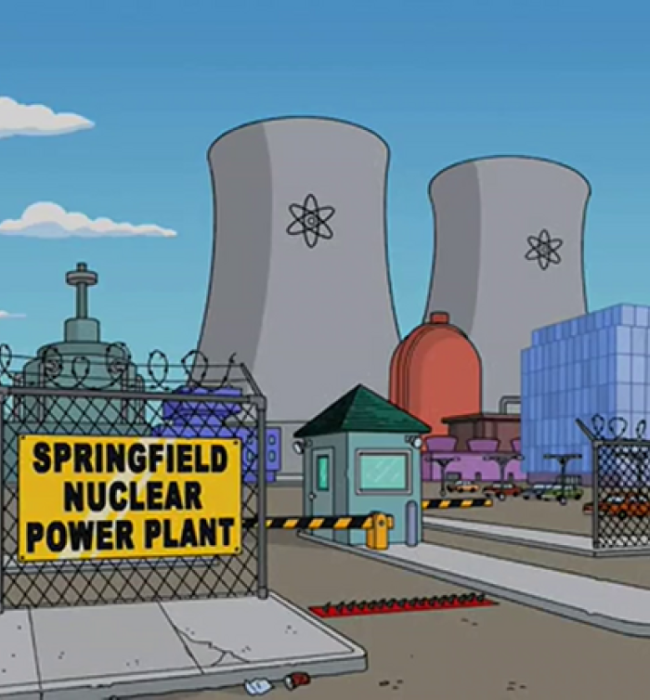
DEMOCRATS
REPUBLICANS
95%
5%

(D) J. Hickenlooper*
(R) Somebody
80%
20%


(D) M. Dougherty
(D) Jena Griswold
60%↑
40%↑


(D) Brianna Titone
(R) Kevin Grantham
(D) Jerry DiTullio
60%↑
30%
20%↓

(D) Diana DeGette*
(R) Somebody
90%
2%

(D) Joe Neguse*
(R) Somebody
90%
2%

(R) Jeff Hurd*
(D) Somebody
80%
40%

(R) Lauren Boebert*
(D) Somebody
90%
10%

(R) Jeff Crank*
(D) Somebody
80%
20%

(D) Jason Crow*
(R) Somebody
90%
10%

(D) B. Pettersen*
(R) Somebody
90%
10%

(R) Gabe Evans*
(D) Manny Rutinel
(D) Yadira Caraveo
45%↓
40%↑
30%

DEMOCRATS
REPUBLICANS
80%
20%

DEMOCRATS
REPUBLICANS
95%
5%

(D) J. Hickenlooper*
(R) Somebody
80%
20%


(D) M. Dougherty
(D) Jena Griswold
60%↑
40%↑


(D) Brianna Titone
(R) Kevin Grantham
(D) Jerry DiTullio
60%↑
30%
20%↓

(D) Diana DeGette*
(R) Somebody
90%
2%

(D) Joe Neguse*
(R) Somebody
90%
2%

(R) Jeff Hurd*
(D) Somebody
80%
40%

(R) Lauren Boebert*
(D) Somebody
90%
10%

(R) Jeff Crank*
(D) Somebody
80%
20%

(D) Jason Crow*
(R) Somebody
90%
10%

(D) B. Pettersen*
(R) Somebody
90%
10%

(R) Gabe Evans*
(D) Manny Rutinel
(D) Yadira Caraveo
45%↓
40%↑
30%

DEMOCRATS
REPUBLICANS
80%
20%

DEMOCRATS
REPUBLICANS
95%
5%
 April 08, 2025 02:00 PM UTC
April 08, 2025 02:00 PM UTC 9 Comments
9 Comments As the Colorado Sun
As the Colorado Sun
Reminds me of another Simpson episode; What this
townState really needs?! — is a monorail !!!!Cuz’ disasters are always provide such great entertainment!
I know they don’t run them the same way now, but Ft. St. Vrain left a bad taste in people’s mouths here. After a 10-year shutdown, it was eventually converted to a natural gas-powered station. Rocky Flats was another dose of that bitter brew. When she moved to Colorado, my wife trusted the government a lot more than now. They bought a house so close to that plant that we used to joke about being able to see the glow from the security guards, er, the parking lot lights at night. We’re both on thyroid supplements now. Things that make you go “hmmm”.
Nothing against Springfield Colorado, but if we absolutely must have one nuclear plant I hope that's where they put it. (I just outed myself as not living in SE Colorado)
Oh boy… where do I start?
Bottom line, if you want to stop global warming, nuclear is our only option today. VREs can’t get us there. Even if we spend extraordinary amounts of money, they will require SCGT as backups for overcast days and dunkelflaute.
I am by no means saying nuclear is perfect or has zero problems. What I am saying is weighing out the alternatives nuclear is by far our best option at present.
Ask the people of Chernobyl about fears being overwrought. Nuclear power safety depends on stability in the world, which we clearly don't have today. Just ask Ukraine.
Chernobyl was a fucking disaster. Enabled by a lousy plant design and stupid test protocol. And it can't happen to any Western or modern plant. Zaporizhzhya is worrisome because it's on the front lines but even in the middle of the fighting, it's held. That's a good sign, albiet still worrisome.
Having a nuclear plant, chemical plant, or oil fields in the middle of a war is bad. Look at the horriffic environmental damage the Kuwait fields caused when Saddam blew them all up. All these things and more can cause widespread longlasting problems if destroyed in battle.
But I don't think we should degrade our civilization because of the portential of war. If we have battles in the U.S., nuclear plants will be the least of our worries.
I asked Ean to be on my podcast to let him lay out his arguments against nuclear. You can see in my interview of Ken DeGraaf that I do not push my opinions when interviewing someone I disagree with.
I asked them because I thought they gave the most measured arguments against nuclear. But Ean declined.
Nuclear power in Colorado is undoubtedly on the list of possibilities … and I admit, I haven't read everything Xcel has as potential plans, so there may be something more positive than what I have read.
Most recently: CPR: Xcel Energy’s plan to replace state’s biggest coal plant could start with renewables and gas — and maybe end with nuclear
Listen to this – Jack Ihle of Xcel interview. Xcel is open to nuclear. They already have 2 nuclear plants.